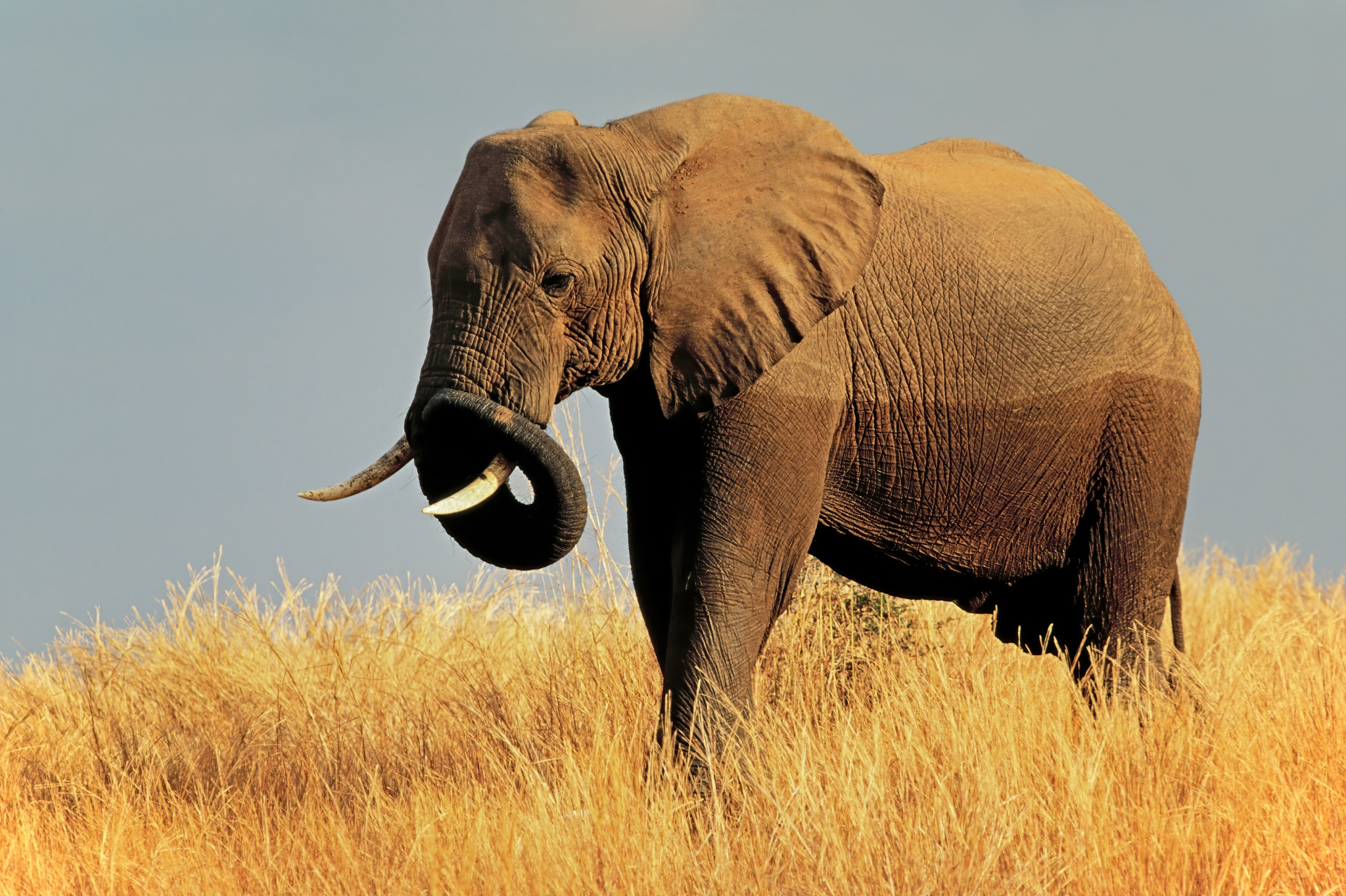
Zimbabwe has a rich natural heritage that has been the subject of environmental protection since the 1920s, when the Rhodesian government established the first nine reserves and Hwange National Park. It is one of the most visited countries in Africa and offers exciting experiences for the wide variety of wildlife that you can observe during safaris. The beauty of its nature is manifested through several habitats that include the granite hills of Matobo Park, Victoria Falls and the forests of the Eastern Highlands. Zimbabwe preserves the ruins of an ancient city near Lake Mutirikwe which was the capital of powerful kingdom, perhaps of Gokomere culture, during the late Iron Age. Today UNESCO heritage is known as Greater Zimbabwe, which in the shona dialect means "great stone houses" for the remains, still visible, of the high walls of its royal palace. The population of Zimbabwe consists mainly of the Shona, which have cultural characteristics typical of the Bantu ethnicity, but also influences of European taste that date back to the British immigration of Rhodesia.
